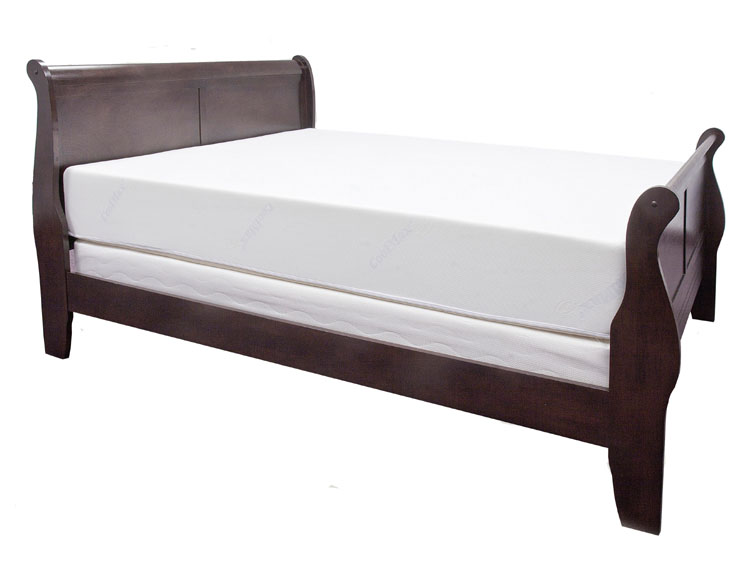I found some great tips off of the website www.helpguide.org, involving some self-help cures for reducing mild snoring. If you do snore, one or two of these might just do the trick for you. Remember, however, that snoring can also have serious health implications, such as sleep apnea, and chronic snorers who are often middle age or who are overweight, might indicate a serious health problem. So, check with your physician if you have these issues to rule out any serious health problems.
1. Lose weight and stop smoking. Losing weight will reduce the fatty tissue in your airway. Eating less and improving your fitness level can significantly improve your ability to breathe freely when you sleep. Stopping smoking or reducing exposure to secondhand smoke can help with the noise and intensity of your snoring.
2. Improve your sleep posture. Do you sleep on your back? If so, you are probably exacerbating your snoring problem – in this sleeping position, the soft tissues in the back of your throat (including your tongue) are more prone to slide backwards, blocking your airway. If you are a mild snorer, switching to sleeping on your side might cure your snoring altogether. However, it can be hard to break the habit of sleeping on your back. Try the “tennis ball trick”: sleep with a tennis ball (or any ball of approximately the same size) attached to the back of your pajama top. (You can sew a pocket or safety-pin a sock to the back of the pajama top, then put a tennis ball in it.) The tennis ball is uncomfortable if you lie on your back, and you will respond by turning on your side. Soon you will develop side-sleeping as a habit and not need the tennis ball.
3. Elevate your head. Try sleeping without a pillow; pillows can block your airway by bending your neck. You can also use a specially-designed pillow for snorers, available online or at specialty stores. An even better solution is to elevate the head of your bed four inches, which may make breathing easier and encourage your tongue and jaw to move forward. Elevating the entire head of the bed is better than using a pillow, which can crimp the neck and contribute to snoring. Placing rolled up towels under the head of the mattress is an easy way to change the angle of the mattress.
4. Avoid certain foods, alcohol, and sedatives before bed. If you tend to drink alcohol at night, try to cut back. Alcohol is a muscle relaxant; it will relax the muscles in your airways, which can worsen snoring. Likewise, you may be taking sleeping pills or tranquilizers to help you sleep, but be aware – these sedatives also relax your muscles. Avoid high-fat dairy milk products or soy milk products before sleeping. Non-skim milk products and soy milk products, because of their thickness, can keep mucus from draining properly. The result is mucus retained in the throat, which can lead to snoring.
5. Clear your nasal passages (I did this one using Breathe Rite strips, and it really improved my snoring problem!). Having a stuffy nose makes inhalation difficult, which in turn creates a vacuum in your throat, and noisy breathing. In fact, people who seldom snore often find themselves snoring quite loudly when suffering from allergies or a cold. Nasal decongestants can help you breathe more easily through your nose while sleeping. There are also homeopathic solutions available, like nasal strips that claim to “open” the nasal passages. On the other hand, you should avoid antihistamines for allergies or stuffiness. Antihistamines relax the throat muscles, which can in turn cause snoring.

